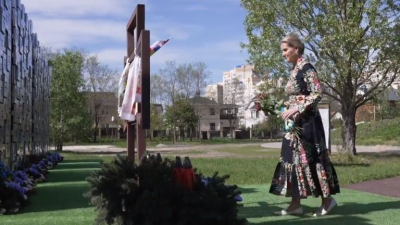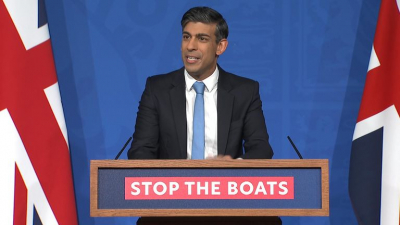Sarah Balabagan is a Filipino woman whose life story captured global attention in the 1990s, making her a symbol of resilience and the fight for justice. Born on March 27, 1979, in Zamboanga del Sur, Philippines, Balabagan's journey from a rural upbringing to international prominence is marked by a tumultuous series of events.
Sarah Balabagan
At the age of 14, Balabagan left her hometown to work as a maid in the United Arab Emirates (UAE) to support her family. However, her life took a drastic turn when she was accused of murdering her employer, who had allegedly attempted to rape her. In September 1994, at the age of 15, she was sentenced to death by a Sharia court in the UAE.
Balabagan's case sparked widespread outrage and drew attention to the plight of migrant workers, particularly domestic workers, in the Gulf region. Advocates argued that her actions were in self-defense and that she had been a victim of abuse. The international community, along with human rights organizations, rallied behind her cause, campaigning for clemency and a fair trial.
After spending more than a year on death row, Balabagan's sentence was commuted to a prison term. In September 1995, she was released from prison following a pardon from the ruler of the UAE, Sheikh Zayed bin Sultan Al Nahyan. Her release was a result of both diplomatic efforts and public pressure.
Following her return to the Philippines, Balabagan became a prominent figure, sharing her story to raise awareness about the rights of migrant workers and survivors of abuse. She became an advocate for women's empowerment and campaigned against the death penalty. Her courage in speaking out about her experiences inspired many and brought attention to issues of justice and human rights.
Balabagan's story has been the subject of books, documentaries, and media coverage, ensuring that her ordeal and her fight for justice are not forgotten. Despite the challenges she faced, she emerged as a symbol of hope and resilience, showing the world the strength of the human spirit in the face of adversity.
Sarah Balabagan's journey from a rural upbringing in the Philippines to international prominence as a symbol of resilience and justice underscores the challenges faced by migrant workers, particularly women, in the Gulf region. Her case highlighted issues of abuse and exploitation faced by domestic workers and sparked global outrage, leading to calls for her release and raising awareness about the plight of vulnerable individuals abroad. Despite enduring a traumatic experience, Balabagan emerged as a courageous advocate for women's rights and the abolition of the death penalty. Her story serves as a reminder of the importance of speaking out against injustice and the power of individuals to effect change, even in the face of adversity.
Sarah Balabagan's story has been featured in various books, documentaries, and media coverage. Some notable mentions include:
• Books:
• "Forgiven" by Marcela S. Velarde
• "A Blazing Grace" by Sarah Balabagan and Cecilia Manguerra Brainard
• Documentaries:
• "The Execution of Wenceslao Quiñones: The Story of Sarah Balabagan" (1995)
• "Forgiven: The Sarah Balabagan Story" (1998)
• Media Coverage:
• Numerous news articles and reports in international media outlets such as BBC, CNN, and The Guardian have covered Balabagan's case and subsequent activism.
These sources provide insight into Balabagan's experiences, her fight for justice, and her advocacy work following her release from prison.






